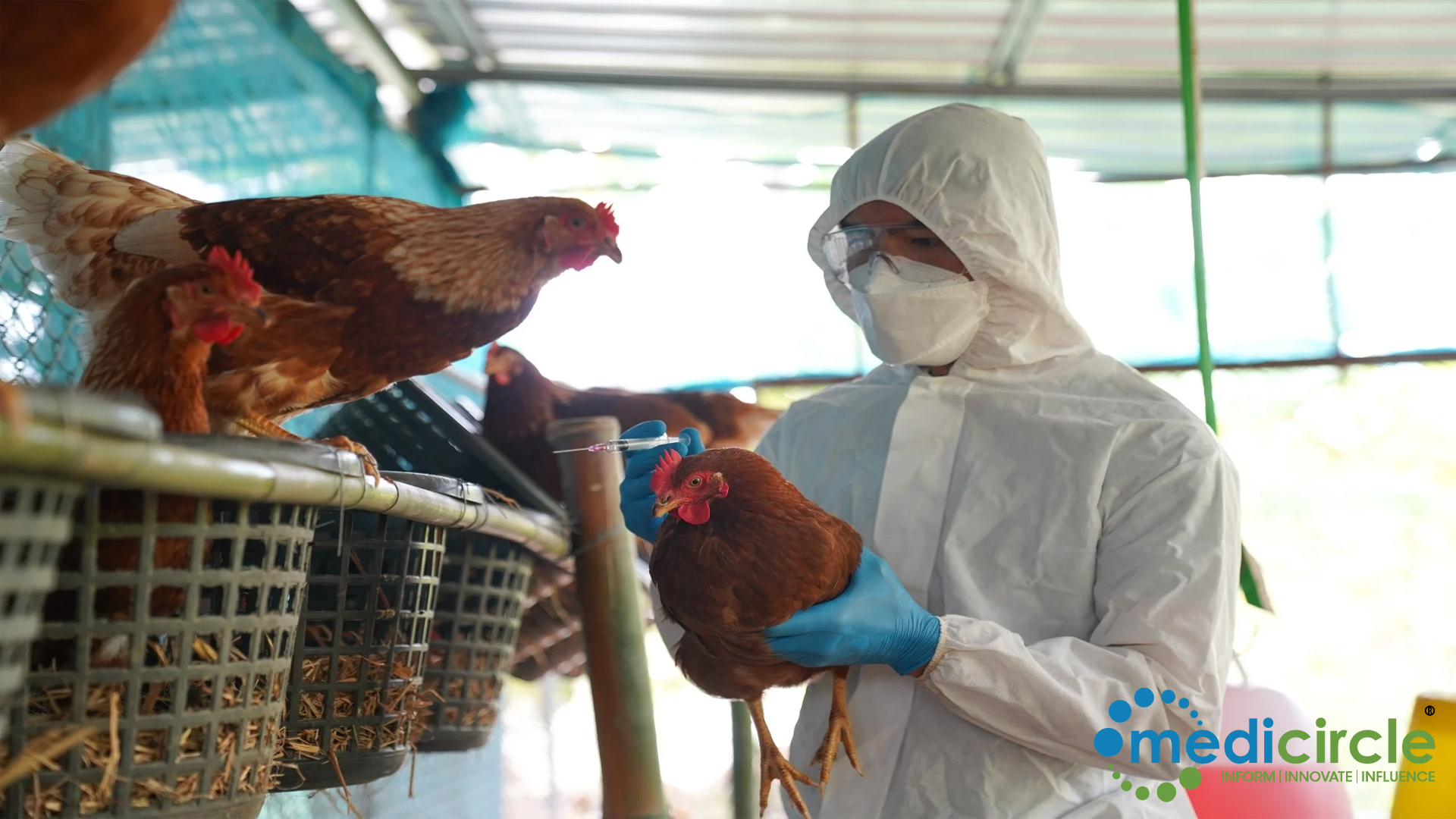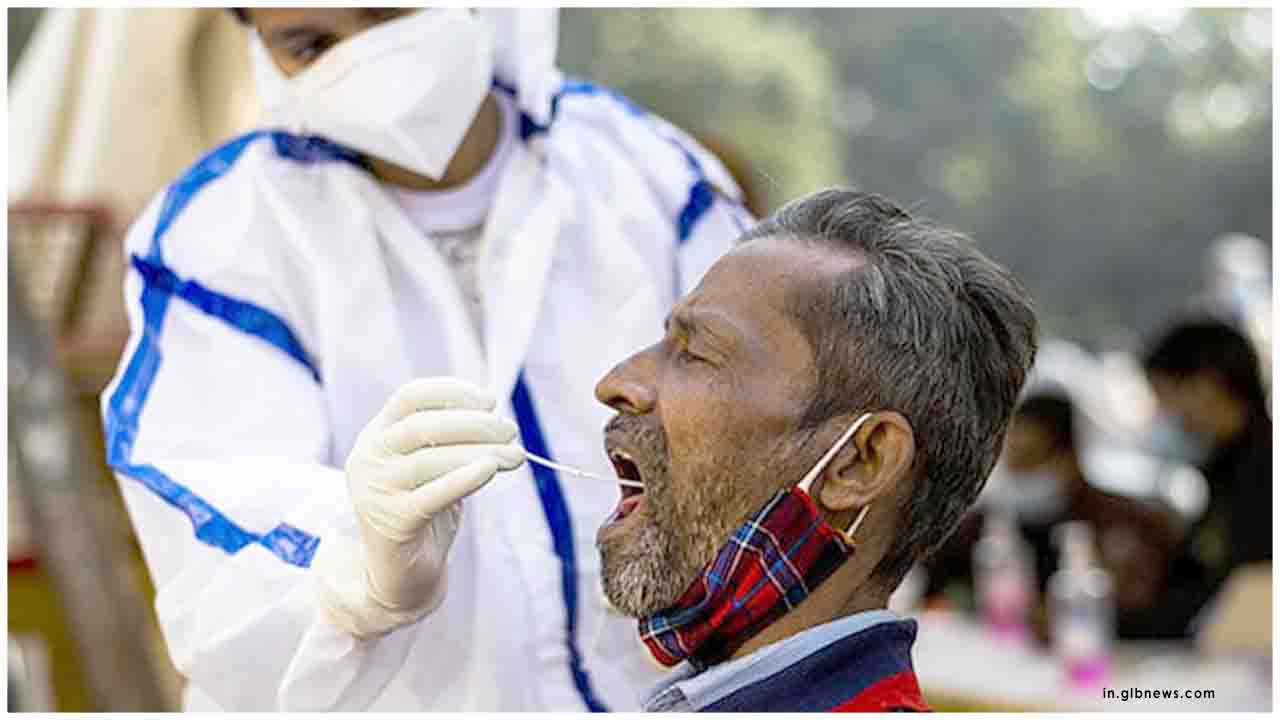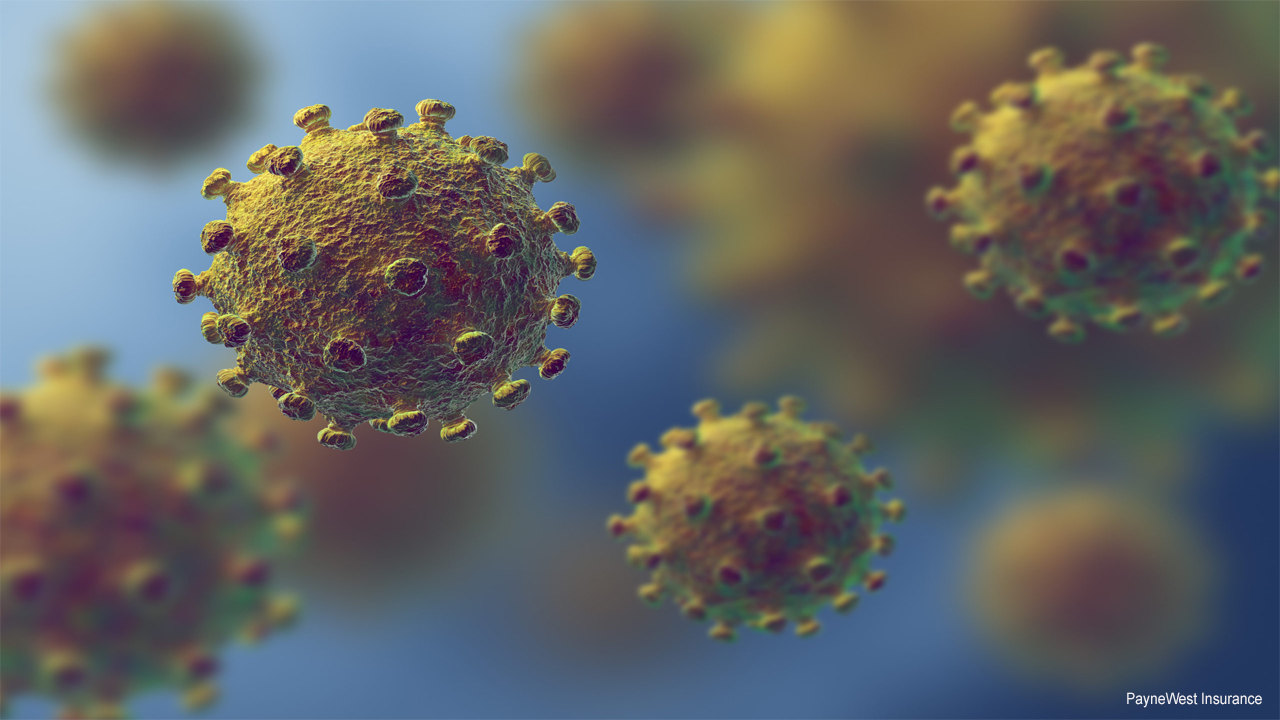In a concerning development, a farm worker in Texas, USA, has tested positive for the highly pathogenic avian influenza (bird flu), sparking alarm among experts and health officials. The case, confirmed by the US Centers for Disease Control and Prevention (CDC), has raised fears of potential transmission to humans and animals alike.
The infected individual, reported to be a farm worker, exhibited red eyes, consistent with conjunctivitis, as the sole symptom of the infection and is currently undergoing treatment with antiviral medication. Health authorities have advised the patient to isolate to prevent further spread of the virus.
According to reports, the bird flu virus was transmitted from infected dairy cows to the farm worker, marking the second human case of avian flu in the US since 2022. This incident highlights the urgent need for vigilance and proactive measures to contain the spread of the virus.
At a recent press briefing attended by experts in bird flu research and public health officials, concerns were raised about the potential for the virus to cause a pandemic if not effectively controlled. Dr. Suresh Kuchipudi, a prominent bird flu researcher, warned of the looming threat posed by the virus, emphasizing the need for heightened surveillance and preparedness.
John Fulton, a pharmaceutical industry consultant, echoed these concerns, highlighting the severity of the situation compared to COVID-19. He cautioned that the bird flu virus could potentially lead to a pandemic if it mutates and maintains its high fatality rate, urging swift action to mitigate the risk.
Despite its rarity, human-to-human transmission of bird flu remains a concern, especially in regions where the virus is prevalent among poultry populations. The World Health Organization (WHO) has reported sporadic human cases of avian influenza, often linked to exposure to infected birds or contaminated environments.
Globally, bird flu has claimed hundreds of lives, with a significant number of fatalities reported since 2003. The disease, caused by the influenza A virus, poses a grave threat to both human and animal health, necessitating robust surveillance and response measures.
Symptoms of bird flu in birds include diarrhoea, breathing difficulties, swollen heads, and sudden death. In humans, the symptoms can range from mild to severe, including cough, headache, sore throat, fever, pneumonia, and conjunctivitis. Early detection and prompt treatment are crucial for mitigating the impact of the disease.
While there is no specific treatment for bird flu, infected poultry flocks are euthanised to prevent further spread of the virus. For humans, antiviral medications are prescribed to alleviate symptoms and reduce the risk of complications.
As the global community grapples with emerging infectious diseases, including bird flu, enhanced surveillance, research, and public health interventions are essential to safeguarding public health and preventing potential outbreaks. Heightened awareness and adherence to preventive measures are crucial in mitigating the risk of transmission and ensuring timely intervention in the event of an outbreak.

 The disease, caused by the influenza A virus, poses a grave threat to both human and animal health, necessitating robust surveillance and response measures.
The disease, caused by the influenza A virus, poses a grave threat to both human and animal health, necessitating robust surveillance and response measures. 




















.jpeg)

.jpeg)










.jpg)




.jpg)

